Search
Showing results for "aboriginal respiratory"
The Opportunity At The Kids Research Institute Australia, we are bringing together community, researchers, practitioners, policy makers and funders,

We are looking for Aboriginal parents who are passionate about lung health to join the Aboriginal Advisory Committee (AAC) for our Kids Easy Breathing Study (KEBS). Research shows 1 in 5 Aboriginal* bubs in hospital for bronchiolitis (a common viral chest infection) later had serious damage to their lungs. The aim of our study is to find out why Aboriginal bubbies are more likely to develop long-term lung sickness.
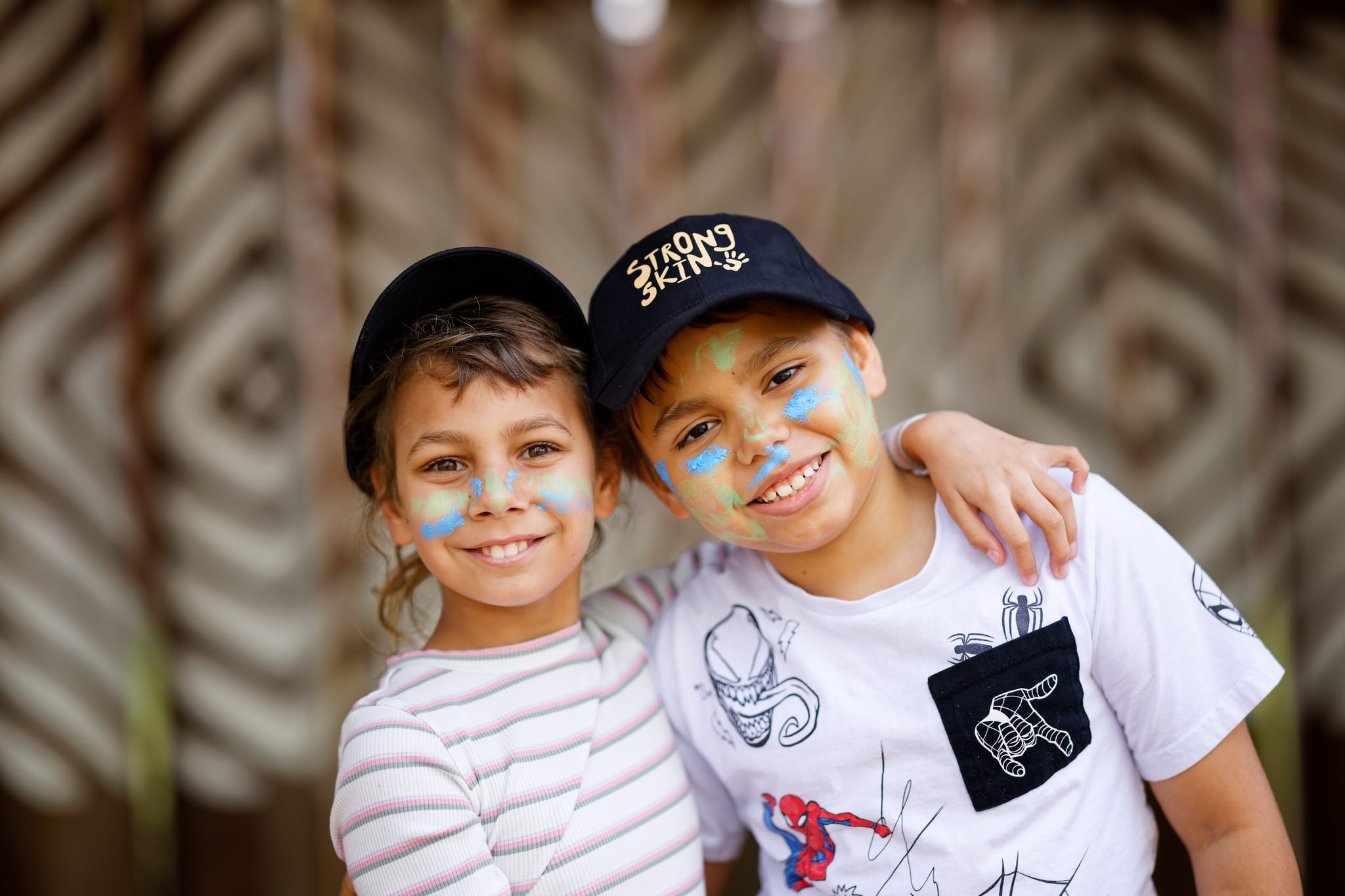
Efforts to improve health outcomes for Aboriginal children have been accelerated thanks to almost $1 million in National Health and Medical Research Council (NHMRC) funds awarded to skin health researchers at The Kids Research Institute Australia.
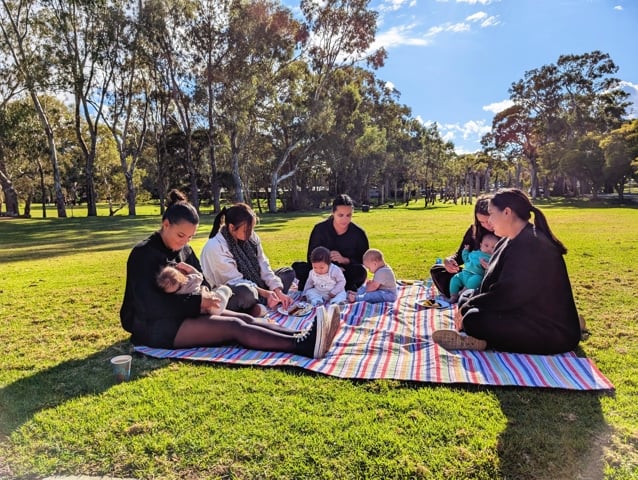
A group of 19 Aboriginal women from South Australia, along with researchers from The Kids Research Institute Australia, have developed a culturally responsive, evidence-based model of care to support Aboriginal women with cardiometabolic complications in pregnancy in SA.
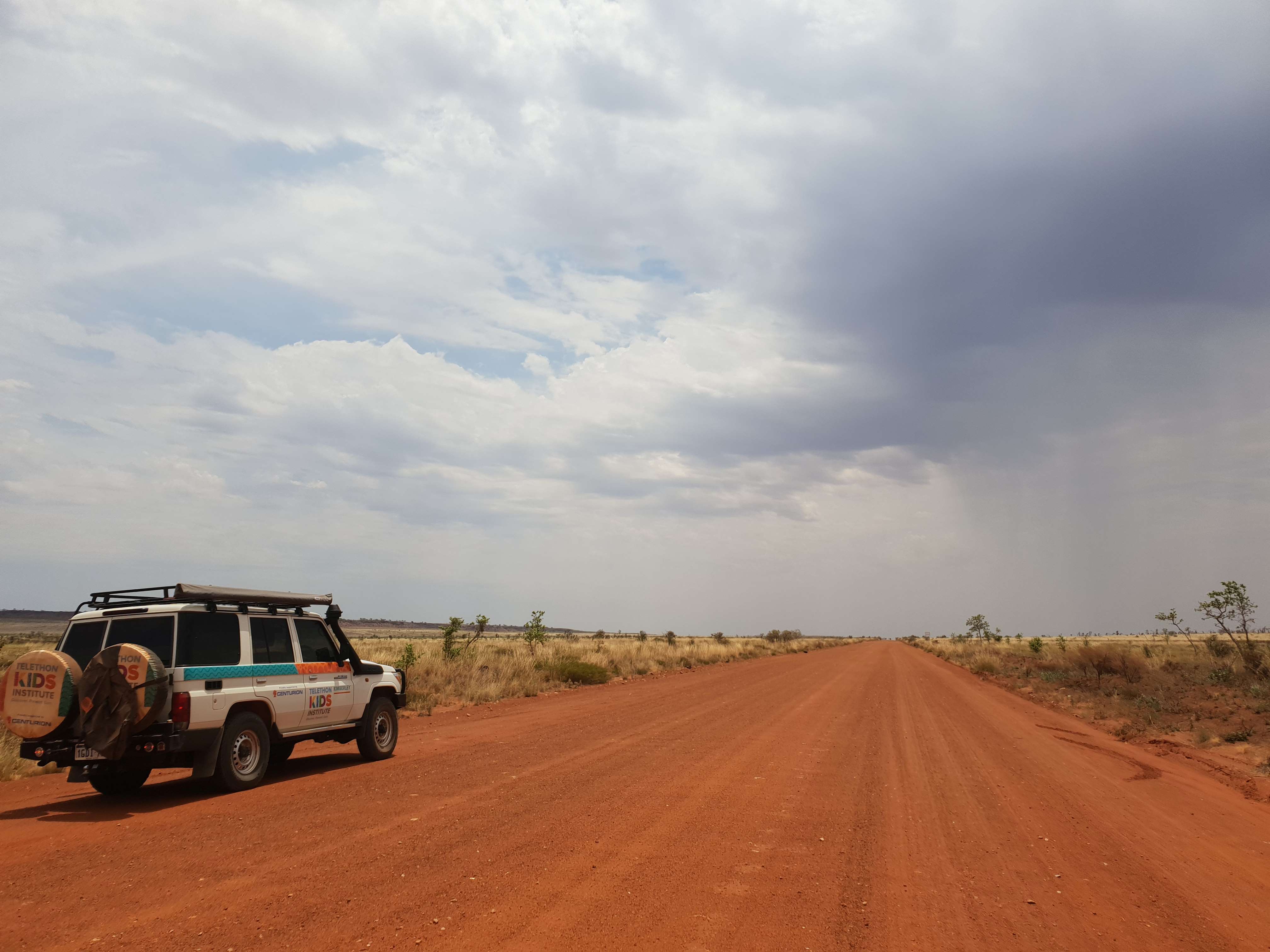
Led by The Kids Research Institute Australia and Aboriginal health organisations in close partnership with nine Aboriginal communities in Western Australia’s Kimberley region, the five-year SToP Trial set out to identify the best possible methods to See, Treat and Prevent painful skin sores and scabies.
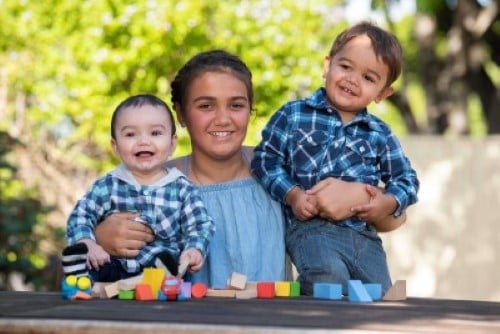
A new partnership between The Kids Research Institute Australia, Dr George Sim and St John of God Murdoch Hospital will offer essential surgery at no cost for a group of Aboriginal children suffering severe ear infections.
The Australian National Healthy Skin Guideline summarises evidence-based treatment of impetigo, scabies and fungal infections in high burden settings
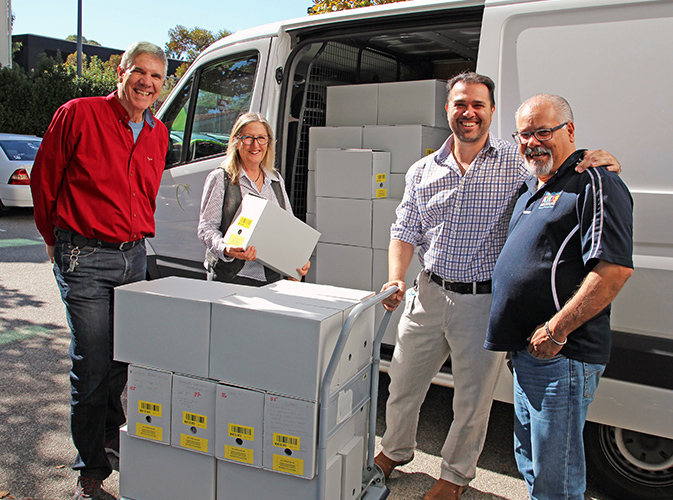
The landmark Western Australian Aboriginal Child Health Survey has been placed into archiving at the State Library of Western Australia to be preserved for future generations.
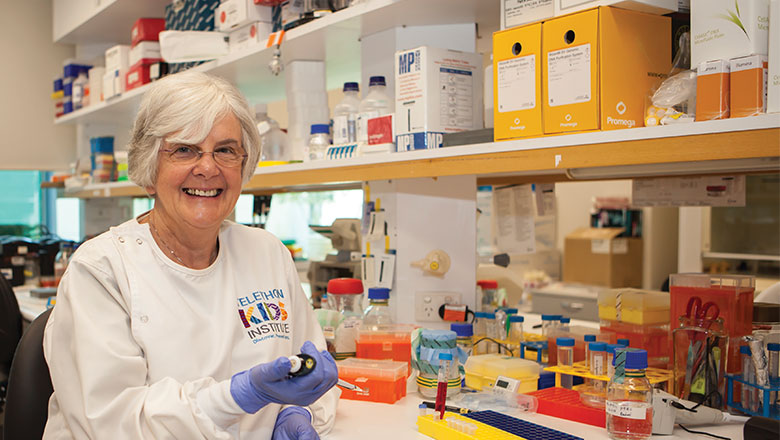
Winning the support of a remote Aboriginal community paved the way for a pioneering genetics study.
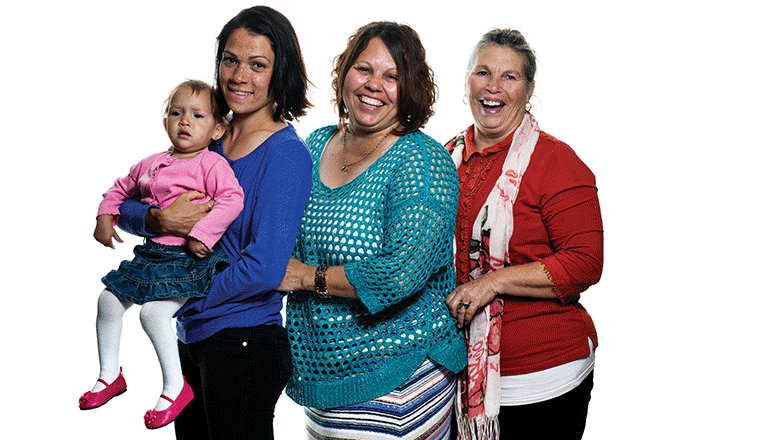
A study by researchers at The Kids Research Institute Australia has found Aboriginal mothers are at a significantly greater risk of preventable death than other Australia
